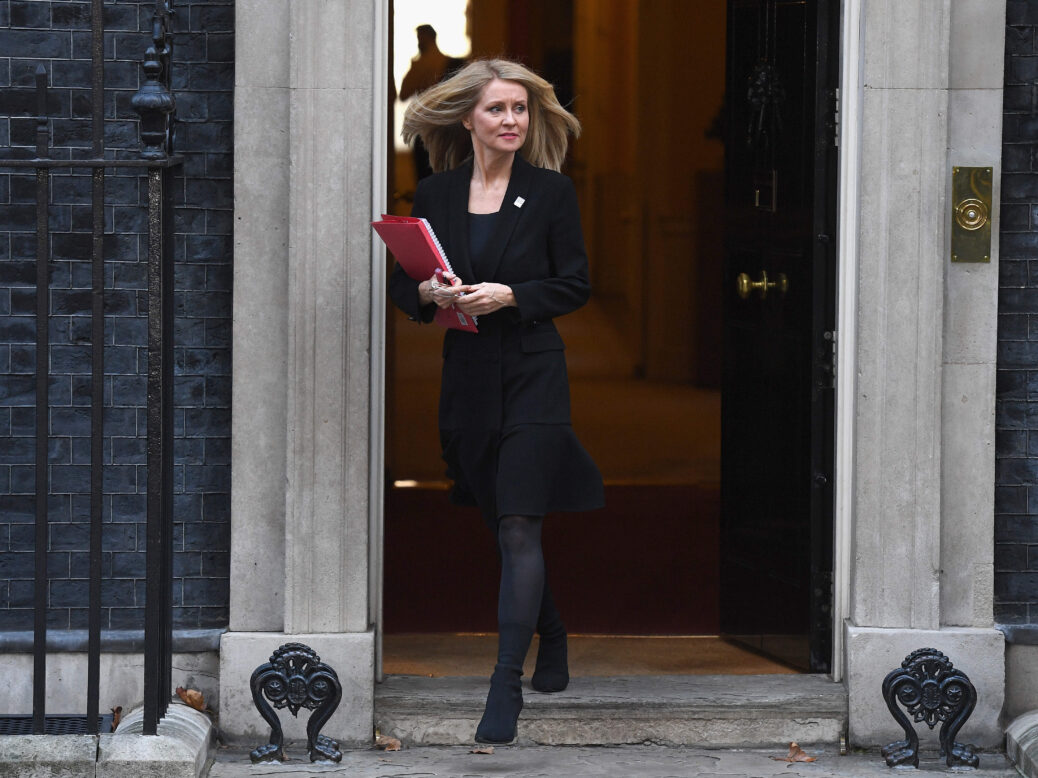
Esther McVey, the Work and Pensions secretary, has followed Dominic Raab in resigning from the cabinet over Theresa May’s Brexit deal.
In a letter to the Prime Minister, McVey – who had never publicly endorsed the Prime Minister’s plans and was long suspected as the most likely candidate for resignation – argued that the draft Withdrawal Agreement did not honour the result or the referendum and threatened the integrity of the United Kingdom.
Earlier this morning I informed the Prime Minister I was resigning from her Cabinet pic.twitter.com/ZeBkL5n2xH
— Esther McVey (@EstherMcVey1) November 15, 2018
Her departure is almost certain to be followed by other resignations from cabinet and the junior ranks of government, and will embolden backbench Brexiteers. It guarantees another vote against the Withdrawal Agreement, which – it’s almost redundant to say so at this point – cannot pass the Commons.
More significant as far as the eventual outcome of the Article 50 process, however, is the fact that McVey, like Raab and Northern Ireland minister Shailesh Vara before her, emphasised that May’s plan posed a threat to the integrity of the United Kingdom.
That every minister who is quitting government is employing the same absolutist logic as the DUP on the question of the Union and refusing to accept the corollary – that the only way to ensure no new regulatory divergence between Great Britain and Northern Ireland arises is through the softest of Brexits for the whole UK – underlines the fact that Theresa May will be unlikely to be able to pass any Brexit deal that keeps her party intact.
The only certainty in all of this, regardless of whatever chicanery that occurs within the Conservative Party, is that the United Kingdom is leaving the EU on 29 March 2019 – with or without a deal. The exodus from May’s cabinet increases the chances of the latter.




